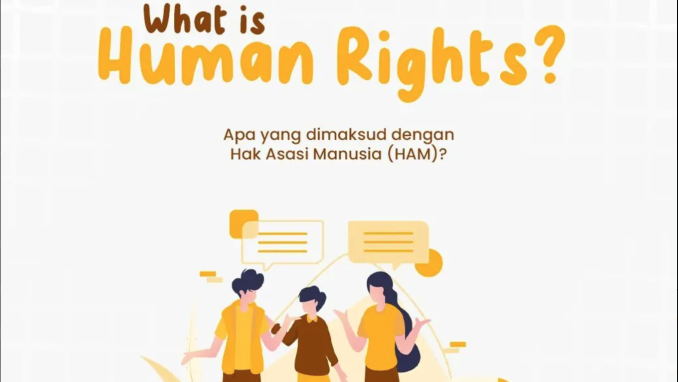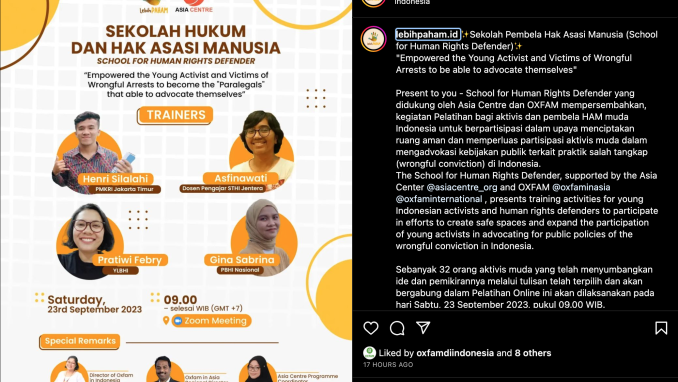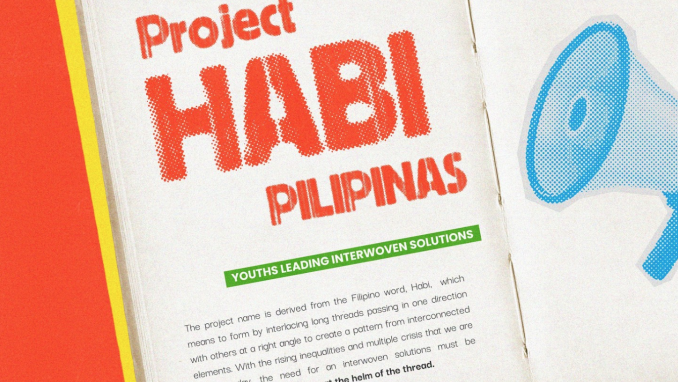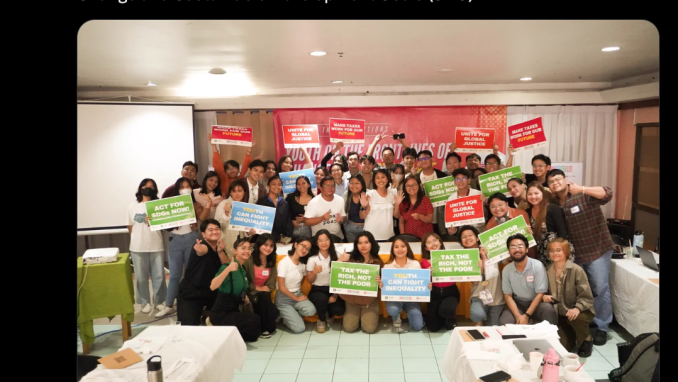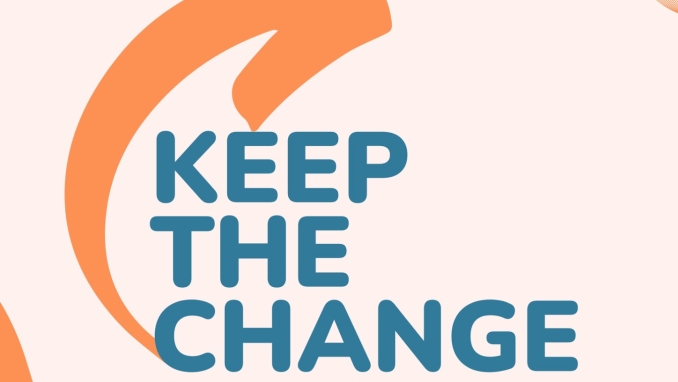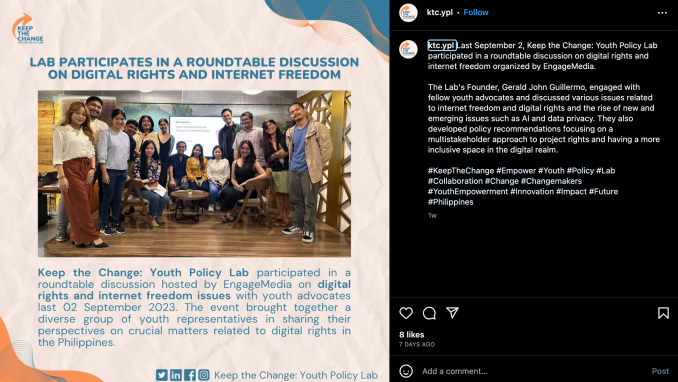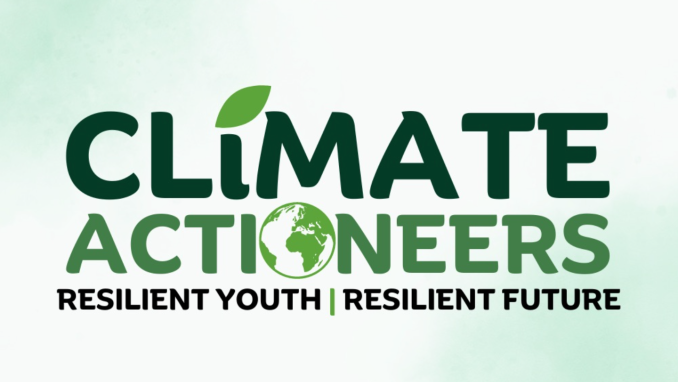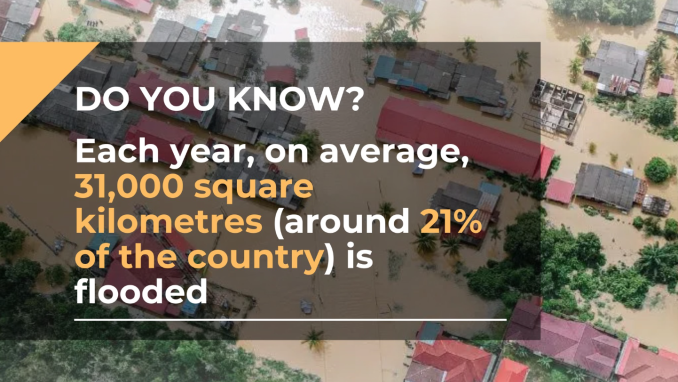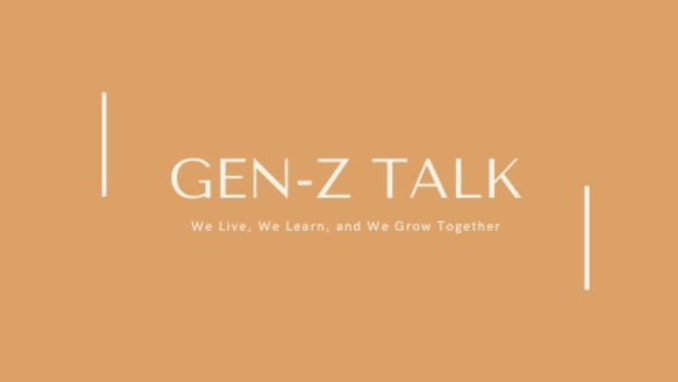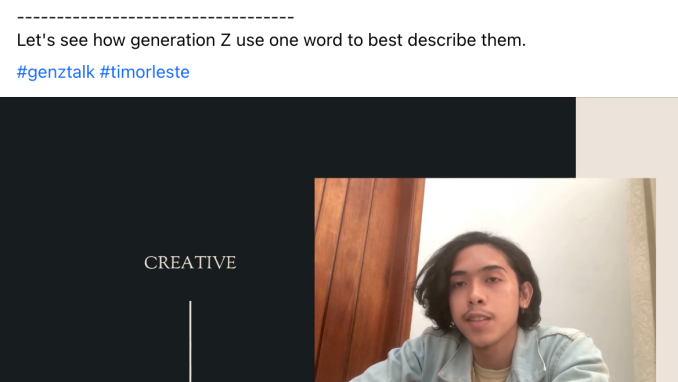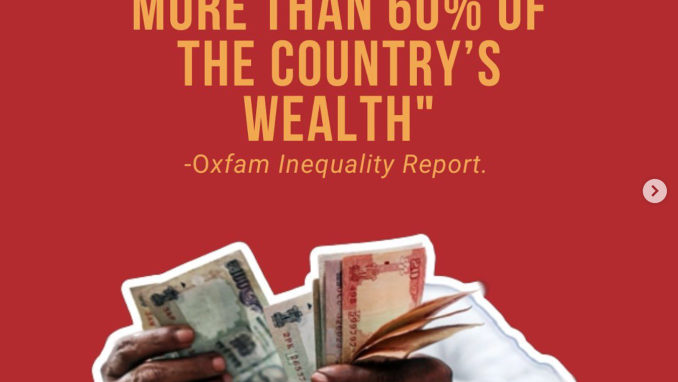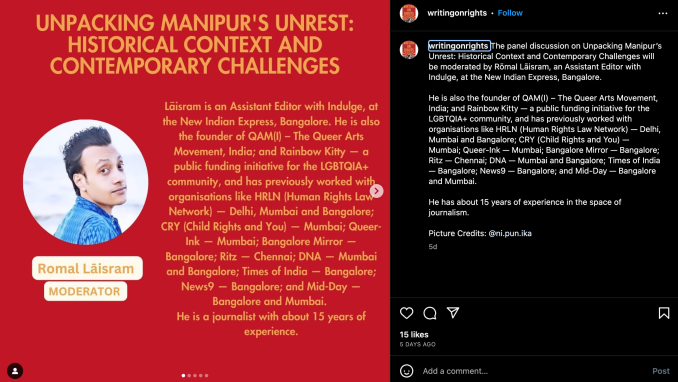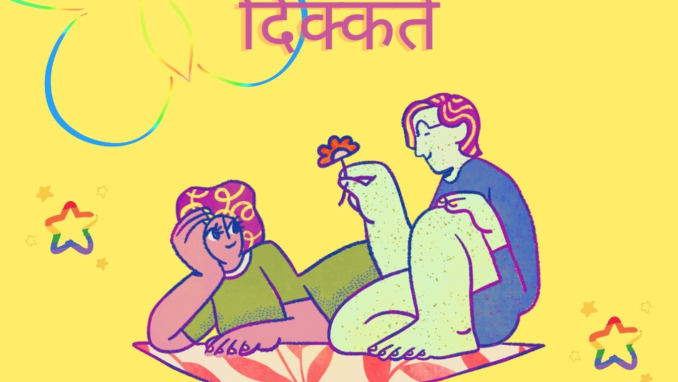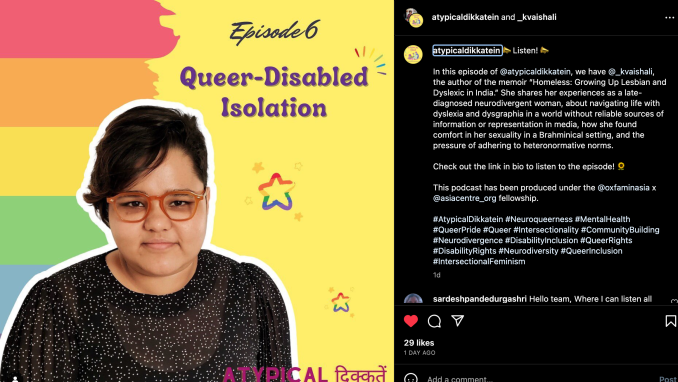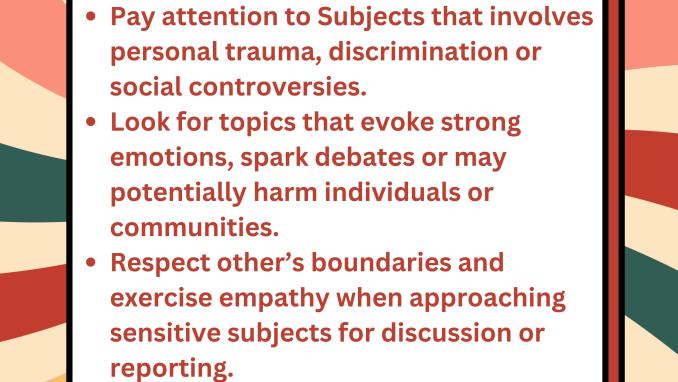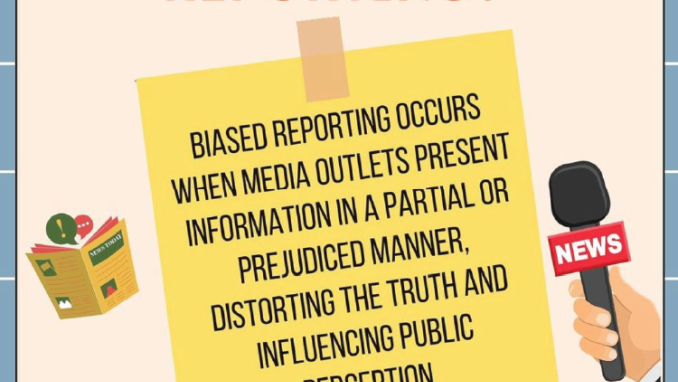The growing need for empowering young leaders in Asia's evolving civic landscape
Asia Centre and Oxfam in Asia partnered to organise the “Expanding Civic Space in Asia Through Civic-Asia Initiative”. Civic spaces and civil society organisations in most of the countries in the Asia Region are in a challenging position with an increasing number of legal and political restrictions affecting civic participation. This results from the emergence of an increasingly illiberal political climate and a growing trend towards majoritarianism, often rooted in factors such as religion, ethnicity, and hyper-nationalism. Various influences, both within and outside state institutions, have been employed to restrict civic spaces and undermine civil society, posing significant challenges to universal human rights. Instead of progressing towards more open democratic environments, civil and political rights in Asia are regressing, giving rise to heightened feelings of insecurity and fear. Concurrently, there is a notable absence of forward-thinking, new-generation political and civic leaders who can effect transformative change in politics and economies, particularly in favour of the majority. This situation, characterized by reduced freedoms, constrained rights, and diminished civic engagement, is also exacerbated by the absence of empathetic, ethical, and empowering young leadership.
Hence, the present moment calls for investment in knowledgeable, well-connected young leaders who champion democratic and civic values, as this investment will play a pivotal role in reshaping power dynamics within civil society, challenging entrenched norms, and questioning prevailing sources of authority in Asia.
Eight Fellows selected to mobilise young people in their countries
Oxfam fellows have initiated leadership projects, mobilizing youth in their countries on climate change, gender, civic space, and citizen movements. Their journey began in July with a four-day induction, introducing mobilization techniques, digital platform usage, leadership principles, and human rights concepts. Oxfam and Asia Centre provided individual coaching to the fellows on their project implementation plans. They also visited Google's Thailand office and the Foreign Correspondents Club with journalists.
Each fellow has now an Oxfam mentor for support, and they have completed two months of their project implementation. These fellows have launched their projects on social media and are hosting sessions on chosen themes with young people in their respective countries.
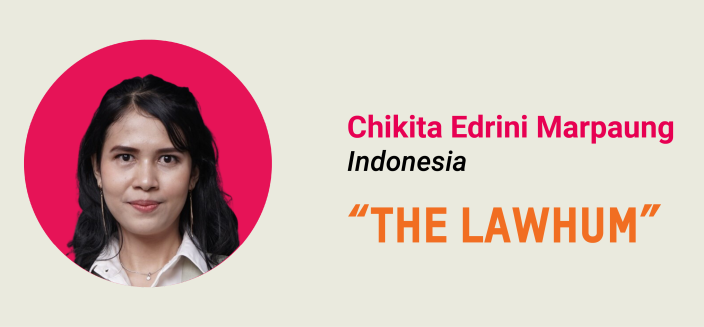
Chikita Edrini Marpaung is a public interest lawyer from Jakarta and has five years of experience working with different organizations including LBH Jakarta (Jakarta Legal Aid) and PBHI (Indonesian Human Rights and Legal Aid Organization).
As an Oxfam fellow, Chikita will provide legal education to young people and train them about their fundamental and human rights.
Since the commencement of the project The Lawhum, Chikita has conducted several meetings and consultations with key individuals who will be responsible for serving as speakers and providing input for the training module and overall training program. This training is scheduled to take place in the upcoming months, specifically in September and October (online) and December (offline).
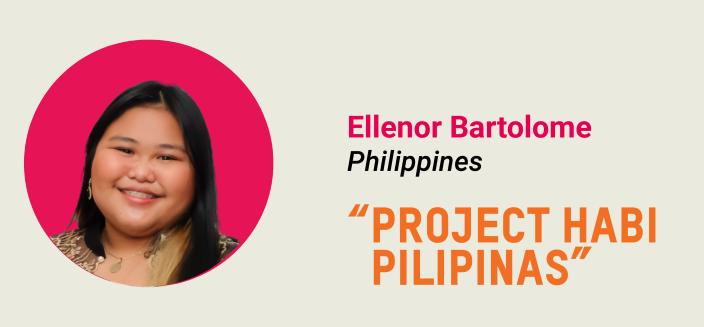
Ellenor Joyce G. Bartolome works with the Freedom from Debt Coalition and has previously worked with Global Call to Action Against Poverty.
Her project ‘Hábi’ (a Filipino word which means weave), inspired from the stages of weaving, will train 50 aspiring young public servants and youth leaders through five different modules on policy advocacy, leadership, community mobilization and storytelling.
During the initial month of Project Habi Pilipinas, Ellenor organized two pivotal events: the Grand Orientation and the Learning Session.
The Grand Orientation served as an introduction to the project, offering participants a comprehensive orientation and a detailed schedule overview of the Habi: #YouthCAN as Weavers of Change Program (YWCP) activities. Meanwhile, during the Learning Session, Ellenor and her team delved deep into contemporary challenges related to debt and education.
The YWCP, which Ellenor champions, places paramount importance on empowering the youth to play a central role in nation-building and civic engagement. Conversations at these events revolved around topics such as mobilizations and protests, reinforcing the critical role young individuals play in shaping the nation's future.
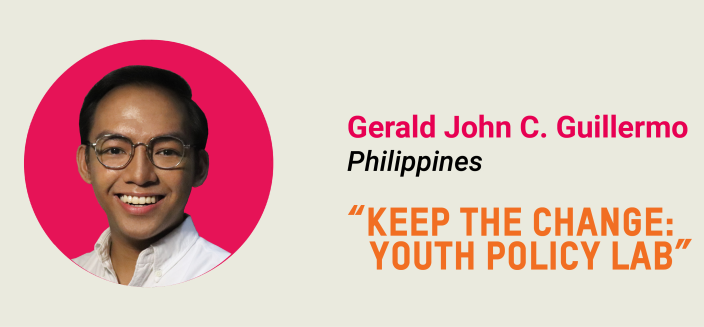
Gerald John C. Guillermo is a Juris Doctor student at the University of the Philippines College of Law whose professional career includes roles in the academe, government, and non-governmental organizations, having been an active volunteer in youth and civil society organizations, both within the Philippines and internationally.
Gerald’s project, the Keep the Change: Youth Policy Lab, is all about empowering Filipino youth. He's on a mission to help them navigate the complex world of Philippine policy and governance. Gerald's vision is clear: he wants to open doors for young voices to actively engage in formal political processes.
But that's not all. He's all about inclusivity. Gerald believes that the best solutions come from diverse perspectives. His initiative brings together voices from all walks of life to tackle complex public issues head-on.
And he's not doing it alone. Gerald is building a dream team, the "Changekeepers Circle," to lead the way as the Executive and Coordination Team for the Lab.
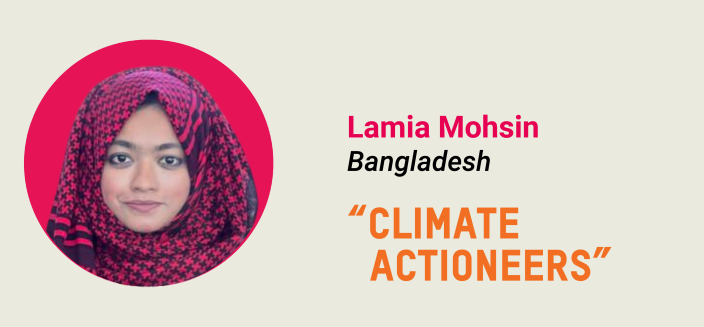
Lamia Mohsin is a researcher and a climate change advocate with experience of working with UNDP and the Global Centre on Adaption in Dhaka. As the UN Climate Champions Resilience Youth Fellow (2022), she contributed to a series of strategic non-state actor engagements in the buildup to COP26 and COP27.
As an Oxfam fellow, she will work to mobilize, educate and train young people living in disaster-prone areas of the country as local Climate Actioneers.
Lamia is developing communication material for the social media campaign under the project title Climate Actioneers to raise awareness on environmental and climate issues.
But Lamia's impact goes beyond digital campaigns. She's also a connector, reaching out to diverse youth groups and organizations in coastal regions. Through thoughtful discussions and collaboration, she's shaping the content and direction of upcoming project sessions.
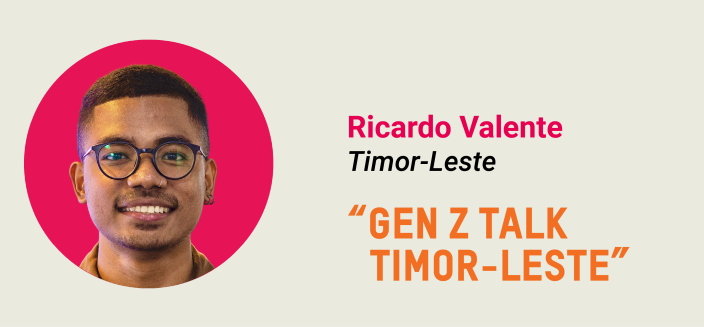
Ricardo Valente Araujo works with the ASEAN Youth Forum to advocate for human rights and youth empowerment in Southeast Asia and is also an active member of the UNICEF East Asia and Pacific Young People’s Action Team (YPAT).
His project, Gen Z Talk Timor-Leste, will be a virtual community platform for Generation Z to connect and express their views on political, economic, and social issues. The peer-to-peer interaction will be designed to increase the engagement of young people in civic issues and empower them to make meaningful contributions to the communities they belong.
Ricardo has formed his team of 2 GenZers in Timor-Leste, and identified potential partners, including youth-led organizations both within and outside Dili (the capital), to collaborate on creating a podcast for peer-to-peer interaction and organizing the Dialogu Nakloke.
In the month of August, Ricardo and his team made waves in the digital world. Gen Z Talk burst onto the scene, establishing a vibrant presence on four social media platforms—YouTube, Facebook, TikTok, and Instagram. Their impact has been swift, amassing a whopping 800 followers on Instagram alone. This is just the beginning of their journey to amplify voices and foster meaningful connections among the Gen Z community.
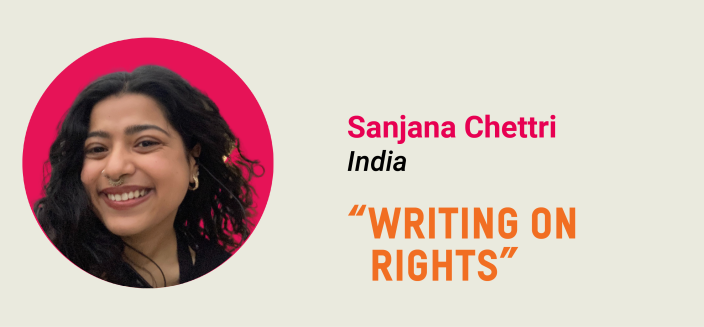
Sanjana Chettri, an Indian Nepalese, lives in the Himalayan state of Sikkim. She recently completed her Masters in Development Studies from the School of Oriental and African Studies, University of London. Sajana has worked with online research & innovation platform Belongg & social impact measurement company 60 Decibels.
As an Oxfam fellow, she will lead a project called Writing on Rights: Organising Young Folks Towards Social and Political Activism to build political consciousness and promote the desire for civic participation among 50 first-generation learners in her home state and neighbouring states in the northeast region of India.
Sanjana has successfully assembled a core team of ten young people who share a strong passion for human rights and social justice issues.
Furthermore, she is planning the design of a module dedicated to exploring the dynamic role of young individuals in politics. Moreover, they're gearing up for a highly anticipated in-person event scheduled in September, where their passion and planning will take centre stage.
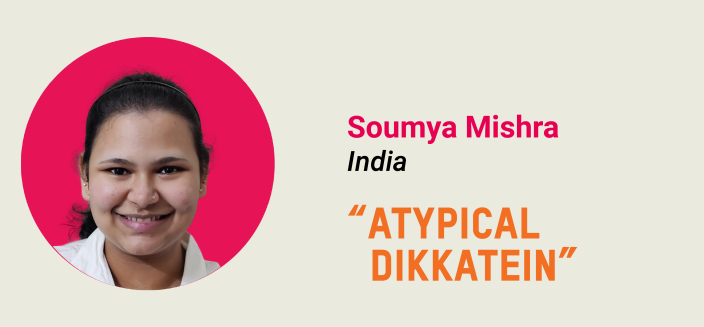
Soumya Mishra is a neuroqueer and autistic person and has an interest in leveraging digital mediums to amplify marginalized voices, bridge existing gaps, and promote inclusivity and accessibility. They made a career switch during the pandemic from content writing to the development sector.
As an Oxfam fellow, Soumya plans to further develop her podcast, Atypical Dikkatein, to chronicle the stories of queer-disabled folx in India.
Soumya's commitment to diversity is evident in their work. They identified and recorded two compelling podcast episodes, featuring the stories of queer-disabled individuals, and skillfully edited, produced, and published one episode on Atypical Dikkatein's podcast channels. They are leveraging the power of social media, crafting engaging posts that promote disability inclusion.
They have secured a partnership with queerbeat, an independent collaborative journalism project focused on deeply and accurately covering LGBTQIA+ persons, in their voice, in India. And initiated a promising discussion with Gender at Work India. These connections are poised to make Atypical Dikkatein's initiatives sustainable, with the potential for long-term, large-scale impact, even exploring possibilities with UN Women India.
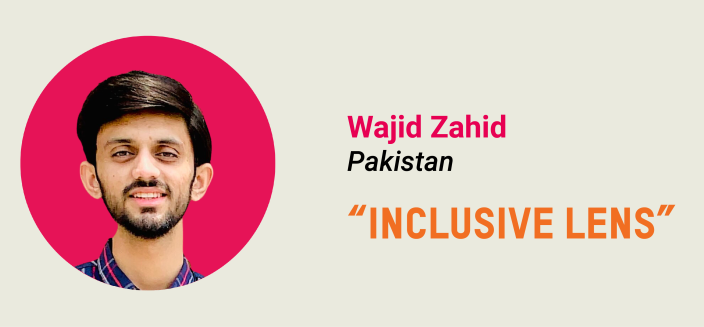
Wajid Zahid is a member of the ICPD 30 Regional Youth Group and an alumnus of the Amplifying Leadership of Local Youth (ALLY) and UNOCT Youth Engagement & Empowerment Program (YEEP) Fellowships. He has worked in the development sector with Initiatives for Sustainable Development and Rahnuma Family Planning Association in Pakistan.
As an Oxfam fellow, Wajid will work on his project, Inclusive Lens, which aims to train journalists and online content creators on fair and inclusive representation of religious minorities, women and gender minorities and content which does not incite hate.
Wajid's initial effort revolved around promoting awareness of the Inclusive Lens project. He organised a pre-workshop promotional event, inviting digital media developers and interns from the Punjab Women Protection Authority to familiarize themselves with the project and its forthcoming workshop. Wajid's goal was to underscore the importance of grasping critical themes, including misinformation, disinformation, and faith-based reporting.
In the subsequent stage of pre-promotion, Wajid organized an in-person session with Mass Communication students at Government Fatima Jinnah College for Girls. His objective was to attract a diverse audience for the upcoming workshop, with a specific focus on marginalised girls, who often go unheard.
Additionally, Wajid is developing a comprehensive training manual for the upcoming workshop. The ultimate objective is to create content that caters to the specific needs of the trainees and aligns seamlessly with the project's overarching goals.

